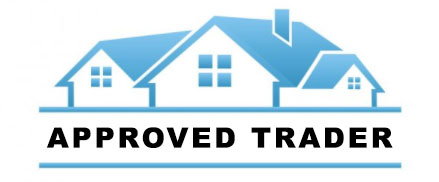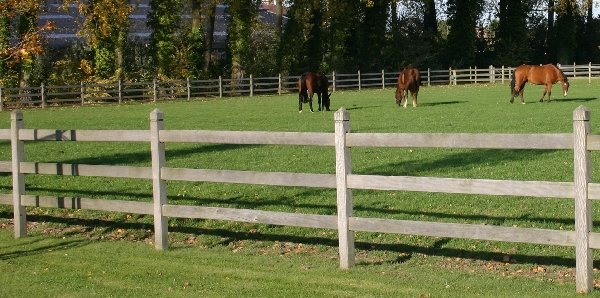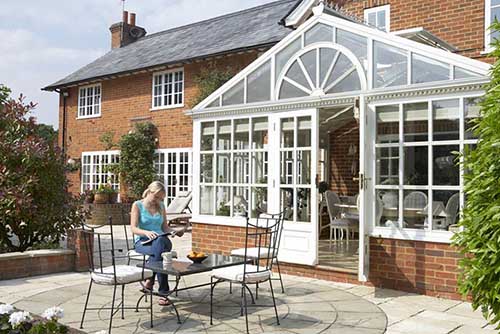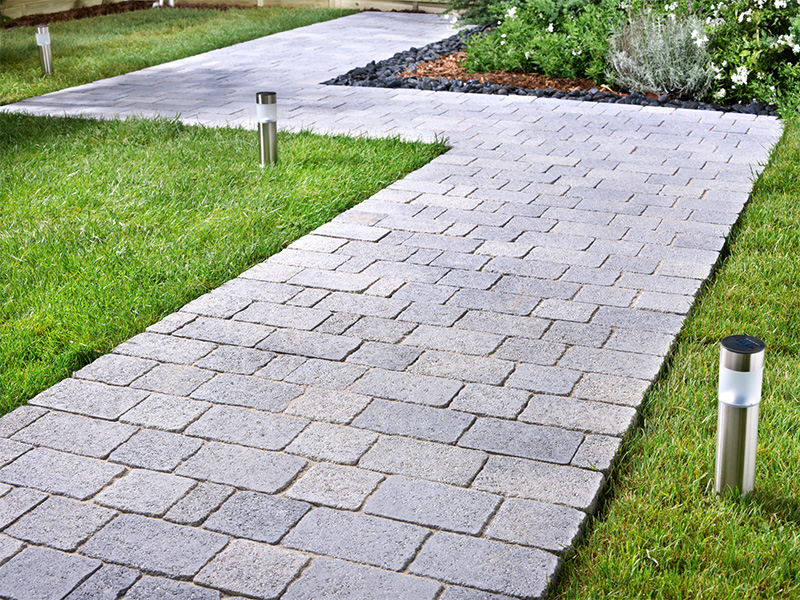Approved Trader
Mortgage Comparison
Air Conditioning
Services

Find a local trader and receive competitive FREE quotes?
Because few of us are independently wealthy most of us, take out a home loan - a mortgage - to buy our home. The rate of interest we pay for this home loan is determined by base interest rates prevailing in the market. Base interest rates are set by the Bank of England.
At the beginning of the 1990s, the standard variable mortgage rate was 15.4%. Back in the 1950s, it was 4.99% and there were only six rate changes over the decade. In the 1960s, the average rate was 6.75%; for the 1970s, it was 10.07%. By the 1980s, the average had risen to 12.46%. In November 1984, the Building Societies Association stopped setting the official mortgage rate and a free market in mortgage rates was possible for the first time by 1986. In the 1990s, the Standard Variable Rates varied from 15.4% to 6.49%.
Since the housing boom of the 1980s, the mortgage market is much more complex with a far wider choice of loan. If you are contemplating a first mortgage, a remortgage or a new mortgage if you are moving, bear in mind that you cannot rely on the lenders themselves to give you the best advice - they are not under any legal obligation to do so.
You may generally borrow three to five times your income, but lenders do also take into consideration your outgoings. Many lenders are prepared to offer you upto 95% of the property's value depending on your credit profile but most charge less interest with a bigger deposit. you will be expected to have a deposit of at least 10% of the asking price of the property you want to buy. Remember all the other expenses as well. Solicitor's fees, valuation, arrangement and mortgage indemnity costs soon mount up.
Your basic mortgage choices are a variable rate, a fixed rate loan, usually higher than the variable rate, or a discount rate, which offers a discount on the variable rate. Many fixed rate loans and virtually all discounted offers have a sting in the tail in that you are required to stick with your mortgage lenderıs variable rate for some years after your initial deal expires. This means you give up the right to shop around for another, cheaper deal unless you pay a stiff redemption penalty. Such penalties are designed to tie you to the lender after the cut- price period has ended. If you want to pay off all or part of your mortgage, you may face punitive costs which can be as high as six months' repayments.
Fixed rate mortgages fix your monthly repayment over a set period of time, regardless of what happens to interest rates. After the end of the fixed rate period, your mortgage cost will revert to the lender's Standard Variable Rate. Discount rate mortgages peg the interest rate you are charged to a fixed amount below the variable rate. If the variably rate rises, so will yours, and likewise if its falls. This offers some protection from the threat of rising interest rates.
Your basic choice is between a straightforward repayment mortgage or an interest-only mortgage with some form of investment attached to it which will grow to pay the loan off at the end of the term.
In recent years, a new form of mortgage deal has appeared in the market. The flexible mortgage allows you to have one account which combines a home loan and a current account into one. So, if you take out say a £75,000 mortgage, and then you win £10,000 on the premium bonds, you can simply, without penalty reduce the size of your mortgage. Flexible mortgages often come with cheque books attached. So conversely, if you suddenly need an extra £5,000, you'll be able to write a cheque and in the process increase the overall size of your homeloan to £80,000. Different lenders have different limits for the proportion of your home loan to property value that you can have outstanding at any one time.



